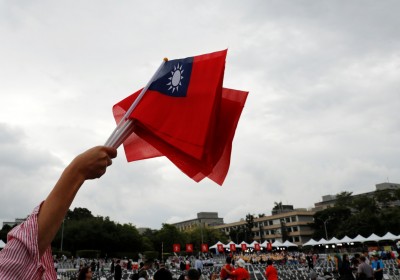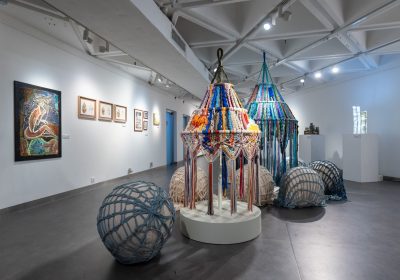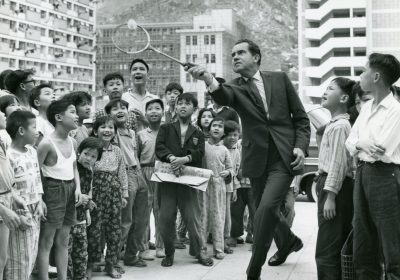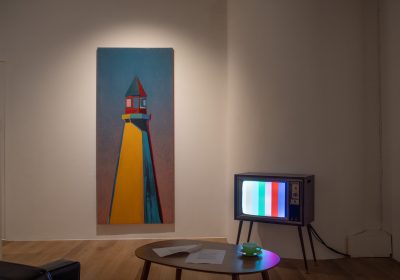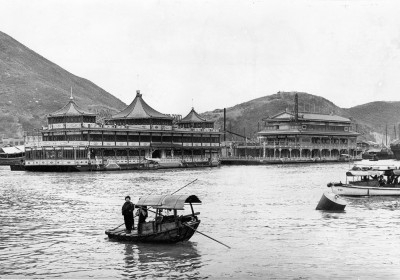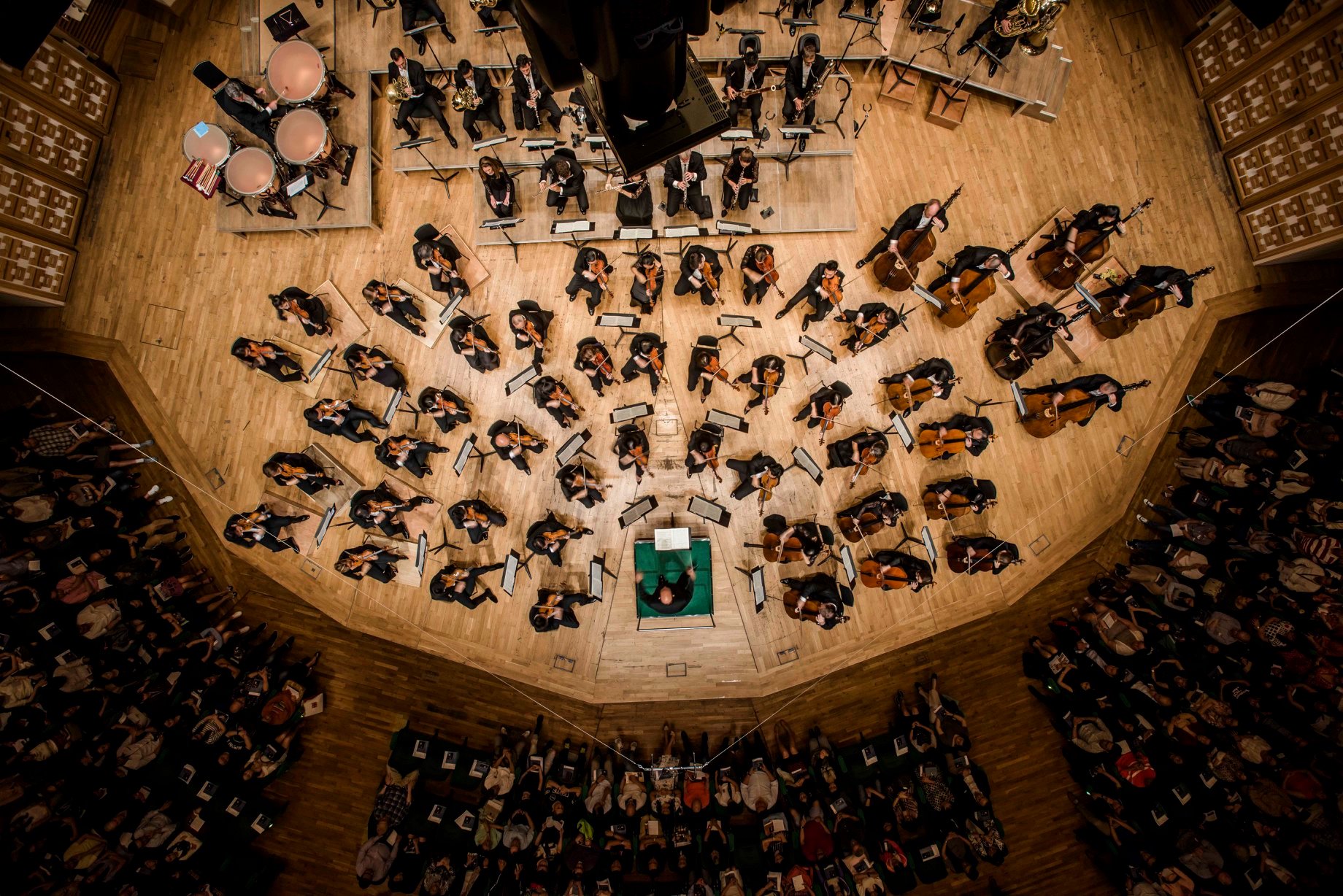
(翻譯內容以英文版本為準)
前往英國升讀大學之前,我在香港有很多音樂老師:鋼琴老師、小號老師、敲擊樂老師、指揮老師、樂理老師、學校的音樂老師…… 有些老師知識淵博、善良、有耐性、慷慨和常常鼓勵學生;另外有些老師卻十分懶惰、貪婪、不專業和無知,我真不知道他們是如何獲得音樂學位的。
而對我啟發最深、徹底改變了我對古典音樂看法的老師,並沒有教導我演奏樂器,而是教導我一個相對模糊的音樂學術分支:音樂評論(Music Criticism)。此英國人是被公認為亞洲最優秀,最具洞察力和最具影響力的音樂評論家之一,名為岳勵華(Sam Olluver,音譯)。
我在 2007 年初遇岳勵華,他是我就讀國際學校時的管弦樂團指揮。我倆一見如故 —— 大家都有奇特的幽默感,吹水唔抹嘴,喜愛捉弄惹惱對方,並且有非常相似的政治、文化和社會觀。岳勵華亦是唯一一位能夠優雅地以微笑容忍我所有的詭計和惡作劇,以及我年輕時自負和自滿態度的老師。
作為一份著名英文報章的音樂評論家,岳勵華經常獲邀品評不同交響樂團、室樂和歌劇音樂會。每場音樂會,他都有兩張門票,並常邀請我陪伴他出席大部分音樂會。
我在 13 歲的時候,鋼琴、小號和各種敲擊樂樂器的演奏相對較好,在音樂考試中成績不錯,但是,並沒有太多出席音樂會的經驗。當時覺我得這是一種毫無意義的活動,浪費金錢和時間,購買 CD 實在便宜方便得多。
岳勵華第一次帶我去聽音樂會,是在香港文化中心觀看一隊國際知名的交響樂團演出。音樂會完結後,他問及對演出的看法,我說︰「表演十分精彩,他們演奏得很好,指揮家表演出色,而且樂團如此出名,一切都應該很完美。」
岳勵華帶著震驚,失望和惱怒的眼神看著我,他不單詳細地告訴我這場音樂會無數的問題,更強調真正的音樂專業人士,不能僅僅根據樂團的聲譽或指揮家的名氣來判斷樂團的表現,或使用基礎詞彙、陳詞濫調來評論演出。岳勵華認為我在古典音樂方面很有才華,擁有非凡的記憶力和非常敏銳的聽覺,因此直接告訴我,這就是他邀請我參加音樂會的主要原因。他希望我能夠發展這些技能,發揮自己的潛力,並能夠批判性地分析及闡釋樂譜和演出。
在接下來的五年中,我幾乎與他出席了所有收到邀請的音樂會,每次都帶著全部演出樂譜,在演出期間仔細研究不同表演者的詮釋和風格。岳勵華不單耐心地向我解釋如何透過不同的要素來判斷演奏,亦教懂我一些重要概念,包括管弦樂隊的層次感、歌劇的舞台環境以及如何衡量歌手的音質,又建議我觀察表演的每一個部分,從樂手的肢體語言,到樂手之間的溝通,以至觀眾的反應。他更介紹了許多評論家、音樂家和教育家給我認識,助我拓寬視野,更深入了解古典音樂行業。
最重要的是,岳勵華不斷地鼓勵我勇於發表自己的觀點,無論它們是多麼令人髮指、不受歡迎或獨特。我們很少同意對方的音樂評論,並且經常進行辯論,不斷地堅持自己的立場及捍衛自己的觀點。
坦率地說,我從岳勵華的至理名言中學到的知識,比從 IGCSE 加上 IB 音樂文憑課程中學到的還要多。他的建議永遠具有建設性、洞察力和啟發性。他的觀察敏銳,對細節一絲不苟;其意見總是有禮,客觀和值得信賴。在岳勵華的指導下,我增強對音樂各方面 —— 包括歷史、演奏、美學、哲學、市場營銷和新聞業 —— 的理解和認識,更對古典音樂行業的各個部分深深著迷。
簡而言之,如果沒有岳勵華的音樂訓練及悉心教導,我永遠不會成為一名音樂家和音樂評論家。
時至今日,岳勵華仍然是深受歡迎且受人尊敬的音樂評論家,經常穿梭於亞洲和歐洲之間工作。這位經驗豐富、學識淵博的老行尊永遠都會是我最珍重的恩師和最親近的朋友之一,畢竟他對我的音樂學識,學術生涯,以及對古典音樂的熱情和理解都產生了重要且深遠的影響。
The Legendary Music Critic
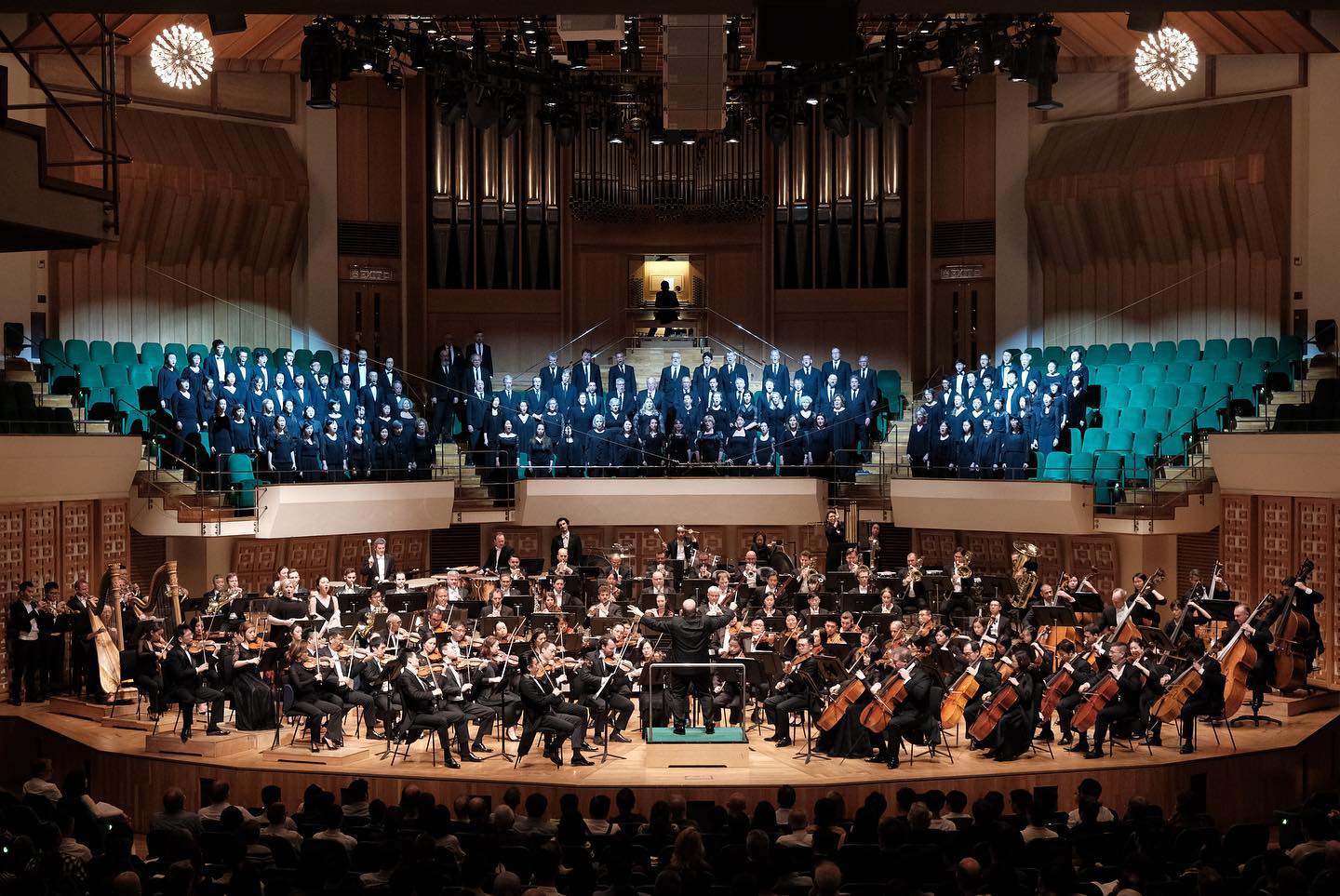
Before I started my university studies in the UK, I had had a good number of music teachers in Hong Kong: Piano teachers, trumpet teachers, percussion teachers, conducting teachers, theory teachers, school’s music teachers… A few of them were knowledgeable, kindhearted, patient, generous and encouraging, while the rest were simply dismal, lazy, rapacious, unprofessional and so ignorant that made you wonder how they managed to graduate with a music degree in the first place.
The music teacher who inspired me the most and has completely transformed my outlook of classical music, however, did not teach me an instrument, but a relatively obscure branch of the musical scholarship: Music criticism. His name is Sam Olluver, who is widely recognised as one of the finest, most perceptive and most influential music critics across Asia.
I first met Olluver in 2007, when I was a high school student. He was the conductor of my international school’s symphony orchestra, and we clicked the day we met. We both shared a peculiar sense of humour, enjoyed a good laugh at the expense of the other, could never stop talking and had very similar political, cultural and social outlooks. Olluver was also the only teacher who could tolerate all my shenanigans, mischief and pranks, as well as my youthful big-headedness and inflated ego, all with a smile and good grace.
As a music critic of a leading English newspaper, Olluver was asked to review numerous orchestral, chamber and operatic concerts. He was given two tickets to each concert, and invited me to be his companion at a majority of them.
When I was a 13-year old imbecile, I could play the piano, the trumpet and a variety of percussion instruments relatively well, and achieved respectable grades in music examinations. Nevertheless, I did not have much experience in attending concerts. I found this a rather pointless activity that wasted my money and time. I mean, I could just buy a CD, and it would cost much less.
On the first occasion that Olluver brought me to a concert, watching a world-renowned orchestra performing in the Hong Kong Cultural Centre, he asked what I thought of the performance afterwards. I said it was excellent: they played the pieces nicely, the conductor was good and since the orchestra was so famous everything must have been perfect anyway.
Olluver looked at me, with an expression that combined shock, disappointment and exasperation, and told me in detail the problems with the performance, and emphasised how a true music professional could not simply judge an orchestra based on its reputation or its conductor’s fame, or to use basic words or cliché phrases to comment on a performance. Olluver recognised that I had great talent in classical music, a phenomenal memory and a very sharp pair of ears, and told me directly these were the reasons that he invited me to the concert in the first place. He wanted me to develop these skills, to realise my potential and to be able to critically analyse, evaluate and interpret musical scores and performances.
In the following five years, I accompanied Olluver to almost every concert that he was invited to, and brought with me the full scores of the pieces performed, scrutinising different performers’ interpretations and styles. Olluver patiently explained to me how to judge a performance through different elements, such as techniques, timbres, phrasings, tempi and articulation; taught me concepts such as orchestral layering, operatic staging as well as the vocal ranges and weights of singers; advised me to observe every part of the performances, from the body languages and mutual interactions of the musicians to the audiences’ reactions; gave me literary lessons on how to incorporate different figures of speech into my commentaries; and introduced me to many other fellow critics, musicians and educators to widen my horizon and further my knowledge of the industry and its inner workings.
Above all, Olluver incessantly encouraged me not to be afraid to voice my opinions, no matter how outrageous, unpopular or unique they might be. We rarely agreed on our assessments of performances, and often debated up until we reached the MTR stations after the concerts, with each holding their ground and defending their viewpoints.
To be brutally honest, I learned more from Olluver’s words of wisdom than I did from both the IGCSE and IB music programmes combined. His advice was forever constructive, insightful and enlightening, his observations were astute with a scrupulous attention to detail, and his opinions were always courteous, objective and trustworthy. Under Olluver’s guidance, both my understanding and appreciation of music history, aesthetics, philosophy, marketing and journalism were significantly strengthened, and I became deeply captivated by different components of the classical music industry.
In short, without Olluver’s comprehensive training in musicianship, I would never have become the musician and critic that I am today.
Nowadays, Olluver remains a popular and respected music critic, working extensively in Asia and Europe. He will always be one of my most cherished mentors and closest friends, having extensively influenced my music education, academic career, and above all, passion for and knowledge of classical music.

